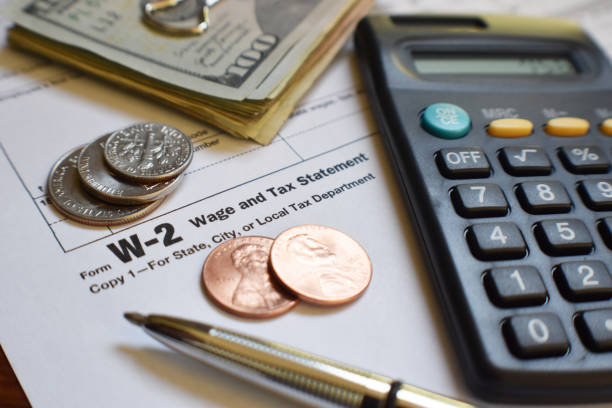Have you heard that if you owe a creditor, that creditor can garnish your wages, or take money that’s in your bank account? Wondering if this is true? The answer: yes, under certain circumstances. And, can the garnishing of wages/bank accounts be prevented or stopped? Again: yes. Let’s see how to stop a creditor from garnishing wages.
Can a Creditor Simply Contact Your Employer or Bank to Garnish Your Money?
Fortunately, the answer is no!
Wage or bank account garnishment (or garnishee) is the result of a legal process that begins with you owing a debt to a creditor and not paying that debt and ends with the creditor getting a legal judgement against you, and legal authorization to search for assets you own.
Say you owe XYZ Credit Company a large debt. Your monthly payment is $250, but you have not paid in several months. XYZ has sent you one or two letters and has called – you no longer answer their calls.
At this point, if the debt is large enough to make it worthwhile, XYZ may either take you to court or pass the debt on to a credit collection agency that may do the same. If either XYZ or the collection agency files a lawsuit against you, you will be notified by mail and summoned to appear in court. If you lose the case to XYZ or fail to appear in court at all, XYZ will likely receive a court judgement against you. It is this court judgement, and authorization from the court to seek assets you own, that gives XYZ the ability to garnish money from your wages or bank account.
Note that there is one exception to this chain of events: Canada Revenue Agency (CRA). If you owe CRA, they do not need a court order to garnish your wages or bank account; they can do so directly, without obtaining a court judgement against you.
How Can I Stop Wage Garnishment, or Prevent It?
You can prevent a wage or bank account garnishment simply by paying all your bills – but that’s not always possible.
Preventing Garnishment
If you are having trouble keeping up with your bills as they come due, it is best to keep in contact with your creditor(s) rather than hiding from them. They will not take you to court (sue you) if they believe you may still resume your payments, or pay off the debt entirely. This is because it will cost them money to take you to court.
Be honest when you speak to them, and offer a realistic plan for getting your payments up to date.
Stopping a Garnishment That is Taking Place
If you suddenly notice a garnishment of your wages or bank account, the first thing you’ll want to do is stop it in its tracks. Although only a portion of your wages can be garnished at a time, it is usually a large enough amount that it will significantly impact your cash flow.
Here are three common ways to stop a garnishment:
1. contact the creditor or collection agency and pay the debt
2. file a consumer proposal
3. file for bankruptcy
The first option is self-explanatory – but you likely won’t have the ability to pay the debt, so let’s look at options 2 and 3.
Briefly, consumer proposal and bankruptcy are effective insolvency solutions that are legally binding on both the debtor and the creditor(s). To explore these options, contact a Licensed Insolvency Trustee to see if either option or other options the Trustee may describe, would be the best way to turn your financial picture around.
If you opt for a consumer proposal or bankruptcy, wage/bank account garnishments and collection calls will stop once the Trustee files the consumer proposal or bankruptcy paperwork with the government.





